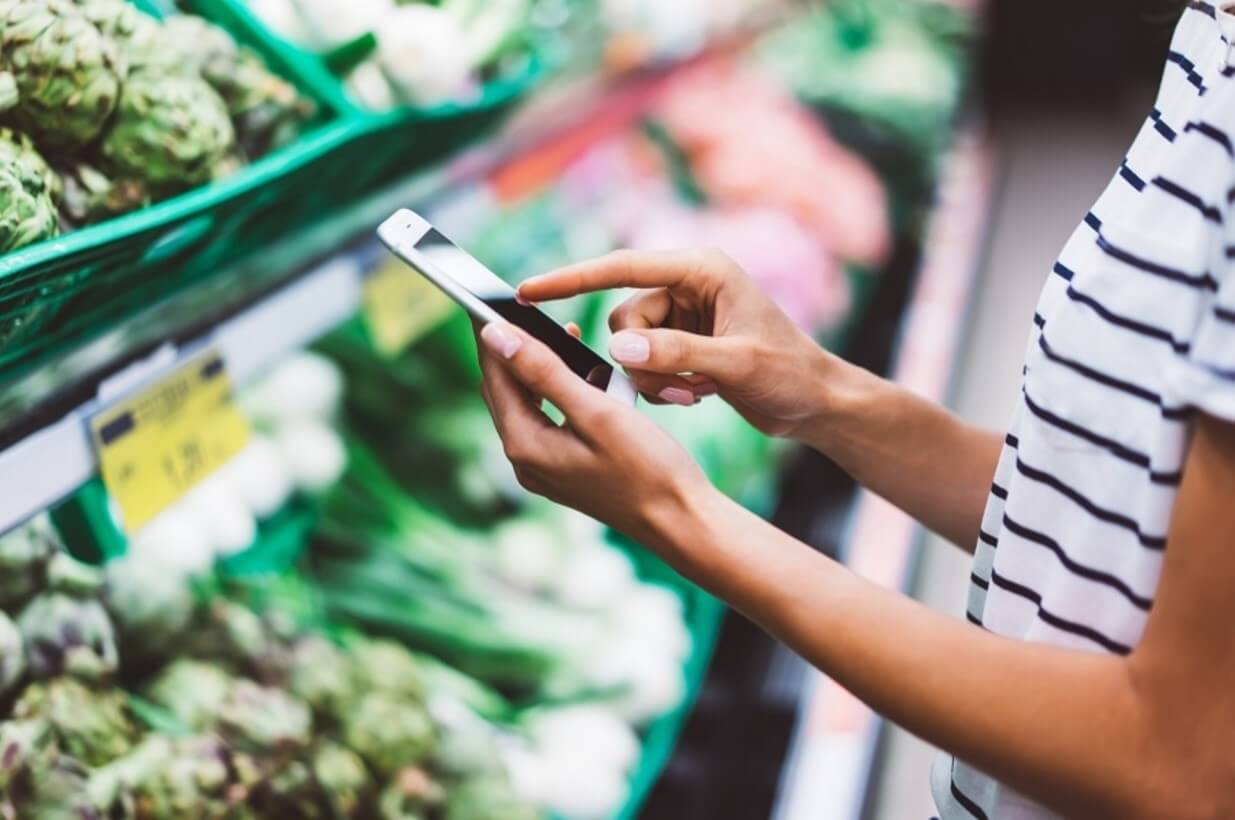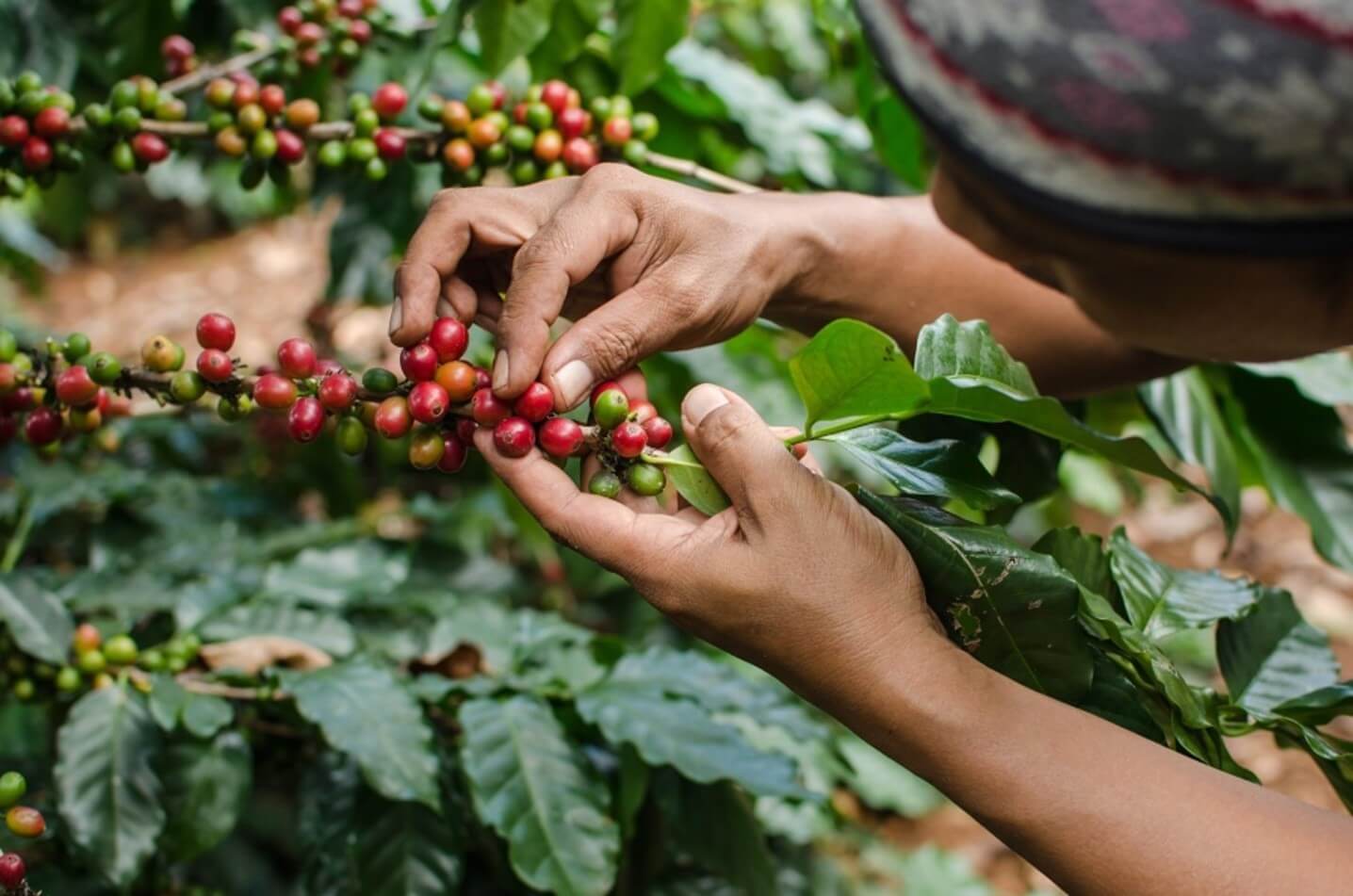What Sustainability Means to Today’s Consumers
Consumers’ concerns about environmental sustainability have never been stronger. Awareness of land and water use, greenhouse gas emissions, pollution, and waste continue to grow among consumers as these issues increasingly become a part of the public discourse. Many consumers today are taking small, practical steps in their daily lives toward supporting a more sustainable future.
However, even for the most eco-conscious consumer mindful of recycling, minimizing food waste, and reducing energy use, it quickly becomes clear that one person has a relatively small impact on the environment. That's why today's consumers are looking to the big players—particularly companies—to do their part to protect the environment. Consumers are holding companies accountable and voting with their dollars to support the companies that make these efforts.


